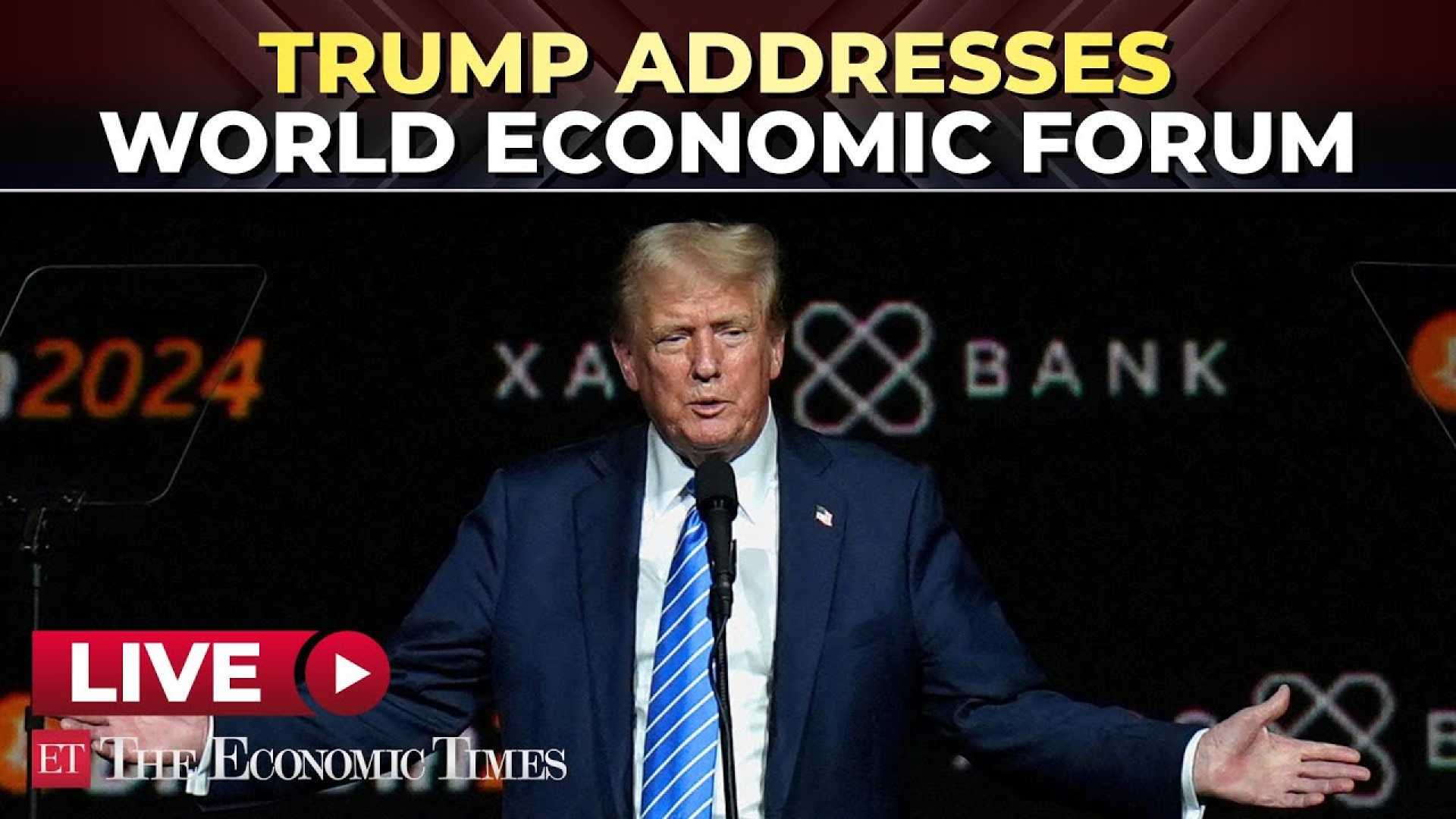Business
Trump Vows to Lower Interest Rates, Economists Skeptical

WASHINGTON (AP) — President Donald Trump has pledged to reduce interest rates and lower prices, but economists warn that the current economic landscape, shaped by the pandemic and other factors, may make these promises difficult to fulfill. Speaking at an economic summit in Switzerland on Thursday, Trump vowed to demand lower interest rates globally, claiming that reduced energy costs would naturally bring down inflation and borrowing costs.
However, the U.S. economy has shown surprising resilience, with steady growth and historically low unemployment rates. Inflation, which peaked in 2022, has moderated but remains a concern. Wages have outpaced inflation for the past 18 months, fueling consumer spending and business investments. These factors, combined with increased borrowing for data centers and artificial intelligence projects, are likely to keep interest rates elevated.
Jan Hatzius, chief economist at Goldman Sachs, described the economy as being “in the sweet spot of healthy growth.” He noted that the U.S. has expanded at an annual rate of at least 3% for four of the last five quarters, the longest such streak in a decade. Unemployment remains low, and inflation, while still a concern, has eased from its 2022 peak.
Trump’s proposals to impose tariffs and restrict immigration could further complicate the economic outlook. Economists warn that these measures could exacerbate inflation, forcing the Federal Reserve to maintain higher interest rates. Gregory Daco, chief economist at EY, said, “That’s going to be inflationary, and that’s going to push policymakers to adopt more stringent policies than they would otherwise.”
Another challenge is the rising federal budget deficit, which the Congressional Budget Office estimates will reach $1.9 trillion this year and grow to $2.7 trillion in a decade. Trump’s proposed tax cuts, including eliminating taxes on tips, could further widen the deficit, putting upward pressure on long-term interest rates.
Despite Trump’s optimism, financial markets remain cautious. Gennadiy Goldberg, head of U.S. rates strategy at TD Securities, noted that investors are anticipating stronger growth, which could limit the Fed’s ability to cut rates. “I think there was an expectation that President Trump would bring all of the good policies and leave all of the bad policies for growth at the door,” Goldberg said.
As the global economy shifts away from globalization, protectionist measures and supply chain relocations are expected to push prices higher. Joe Brusuelas, chief economist at RSM, said, “Gone is the era of low inflation and low interest rates. In its place is a new framework featuring scarce capital and higher rates.”
While Trump’s promises may resonate with voters, economists caution that the path to lower interest rates and prices is far from straightforward. The interplay of fiscal policy, global economic trends, and market dynamics will likely keep borrowing costs higher than many Americans hope.












